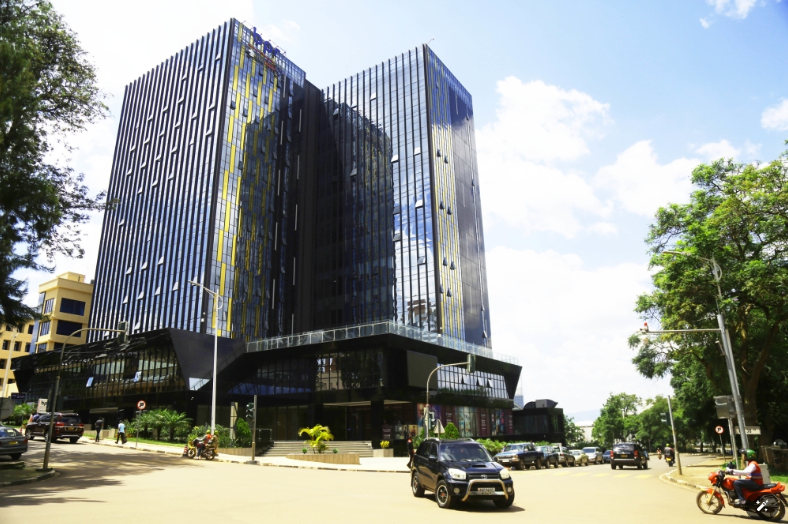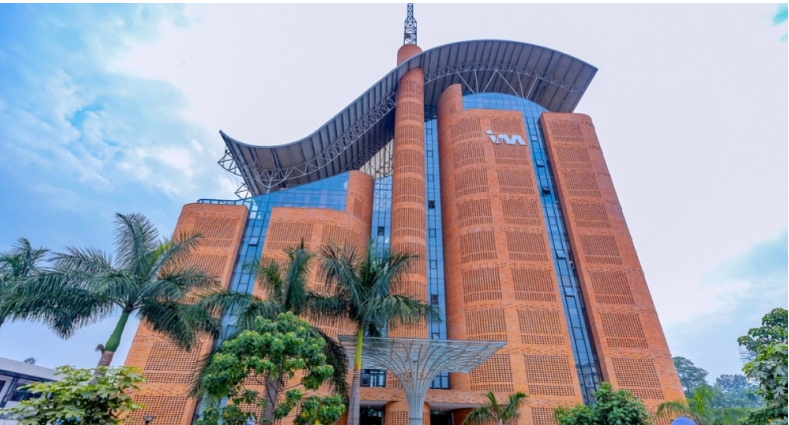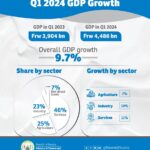For the past ten years, Rwanda’s banking sector has consistently seen earnings rise. As per the latest report by the Rwanda Bankers’ Association (RBA), this is consistent with the upward trajectory in the nation’s overall economic performance.
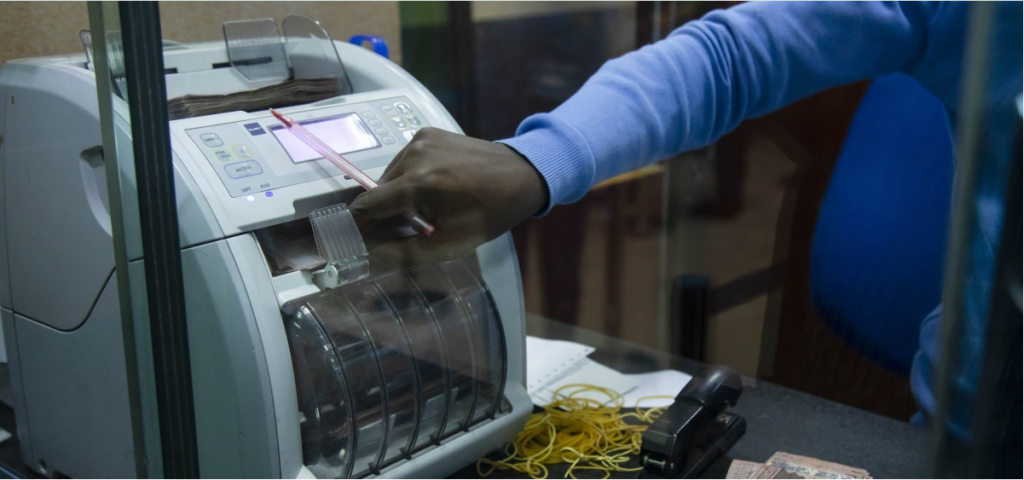
The net profit of Rwanda’s banking sector has increased dramatically, from Rwf71 billion in 2014 to over Rwf250 billion by September 2023. Both steady net interest margins and a steady rise in loans made (advances) are credited with the robust expansion.
During the time under examination, net interest margins, which calculate the difference between interest income generated and interest expenditure paid out by banks, remained steady within the 8–10% range.
On the other hand, yields on advances—the interest paid on loans—have been trending downward over the last ten years, falling from 17.3% in March 2014 to 11.4% in September 2023.
The CEO of the RBA, Tony Francis Ntore, told The Press that “banks have managed to sustain their net interest income through effective risk management and a strategic shift towards less risky assets.”

Ntore credited the favourable trend in banking to operational efficiency and strong regulatory backing, which have bolstered Rwanda’s overall economic success, in addition to banks’ careful lending practices and effective risk management.
Consequently, several important criteria have performed better for the banking sector.
Between 2014 and 2020, the average return on equity (ROE), which calculates the profit a business makes for every dollar of shareholder stock, remained steady at 10 to 15 percent. By September 2023, it had reached a peak of 21.5%.
Rwandan banks have consistently made between 1.7% and 2.3% profit on average over the last ten years from their assets. By September 2023, this profitability had greatly increased to 4.7%.
Kevin Karobia, Senior Research Investment Analyst at BK Capital, noted that the industry’s capacity to control its diverse costs may account for the favourable prognosis throughout the previous ten years.
He mentioned the industry’s ability to lower costs and raise profit, saying, “Banks have managed to rein in their costs and bring down their cost-to-income ratio, and thus driving bottom line growth.”
Players in the banking sector ascribed the profitability in part to the nation’s increasing payments and remittance inflows.
According to Carine Umutoni, Managing Director of Ecobank Rwanda, “payments and remittances have contributed to the industry’s profitability aside from lending, which is the core business of banks.”
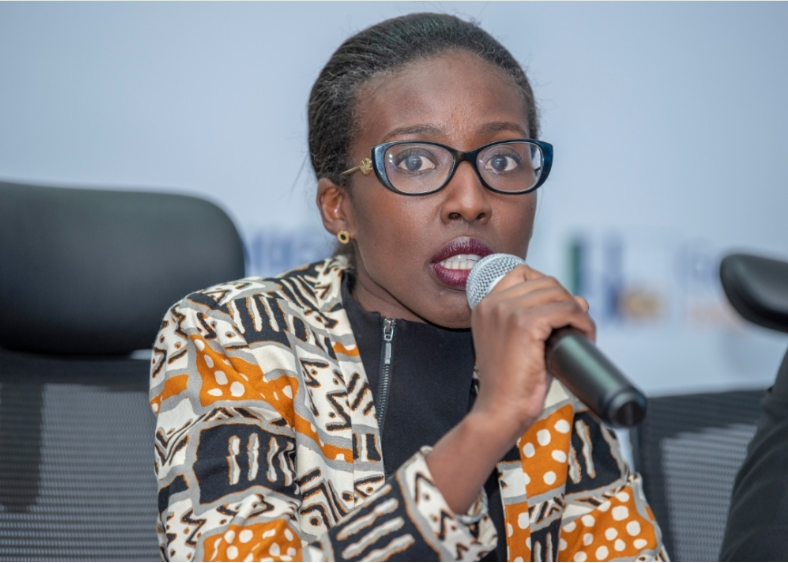
Umutoni emphasised that the fact that remittances last year outpaced foreign direct investment (FDI) into the nation illustrates the part banks play in enabling remittance flows.
SHOCKS
The Covid-19 pandemic in 2020 dealt a blow to the banking sector in Rwanda, significantly impacting their sustainability and profitability. Though banks have since remarkably recovered, risks still remain.
The question is, are banks prepared for any sudden shocks?
“Rwandan banks have beefed up their capital reserves, which ensures that they can keep going in case of shocks. The banks also have strong capital adequacy ratios at 21% far above the industry’s 15% regulatory limit and acting as a safeguard in times of shocks,” Karobia noted.
Despite the pandemic shocks and trade disruptions, the asset quality of the banks has remained strong, showing the sector’s resilience.
The assets of the banking industry in Rwanda as a share of gross domestic product (GDP) are ahead of those of Uganda, Tanzania and Nigeria but are less than those of Kenya and South Africa.
Rwanda’s banking industry assets as a share of GDP stood at over 36 per cent by the end of 2023 from 20.9 per cent in 2014.
“Banks are also strongly liquid and well capitalised, which are the two metrics by which we measure strength,” Umutoni noted.
Industry Outlook
Ntore expressed optimism about the industry’s future prospects, saying that he anticipates steady growth in lending, increased adoption of digital banking services, and a continued emphasis on financial stability and inclusion.
“The positive prospects of the industry have made it attractive to external players who are either seeking to make an entry into the market or intermediate through existing players,” he said.
This, he added, will continue to shape market competition dynamics that are core for innovation and that the overall benefits to the economy are anticipated to continue increasing.
